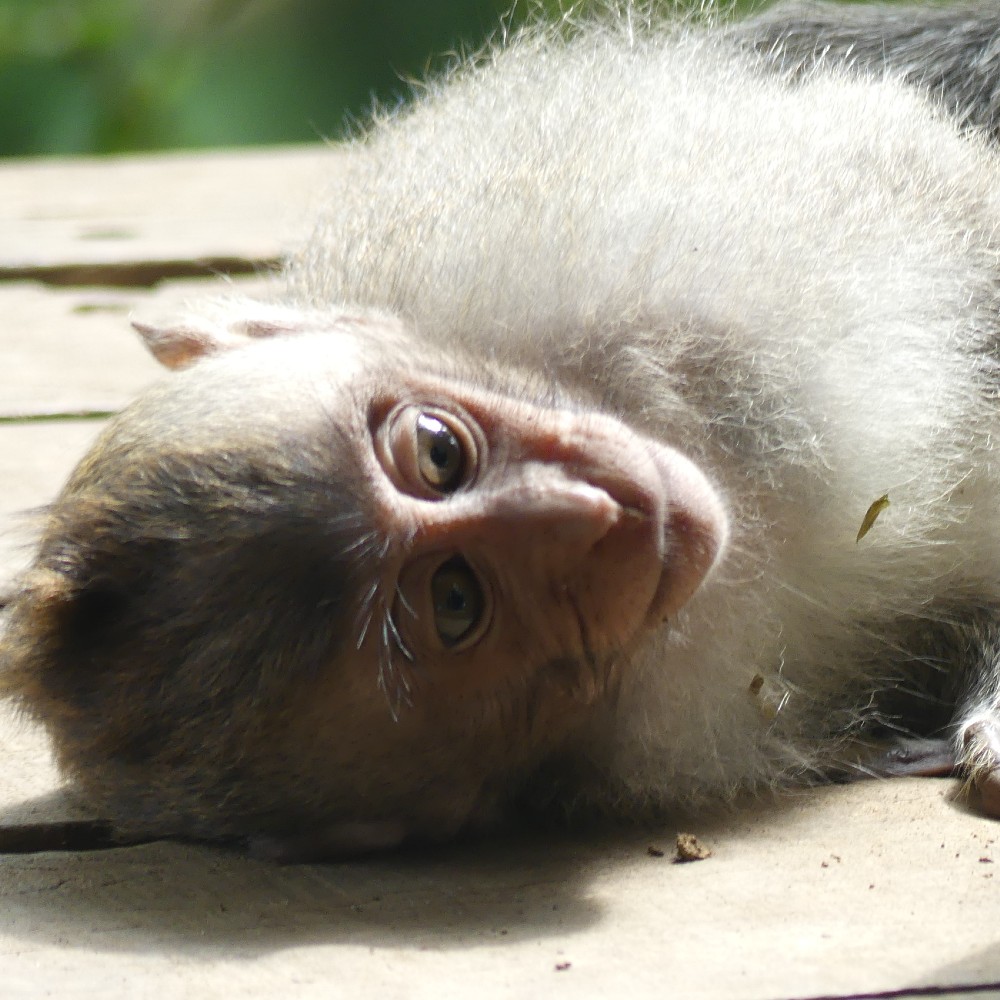Published:
Animal rights have been a topic of discussion for a substantial amount of time. The debate as to what rights animals truly have has been an essential issue for many animal rights organizations. One notable organization that has been at the forefront of these issues is PETA. Its main goal is to stop animal suffering as a whole.
Recently Thailand has been under fire for reports of their alleged mistreatment of animals. Modern-day animal rights began to be recognized in the 1970s. Consequently, this explains the outrage seen by companies mentioned later in this paragraph. In November of 2022, it was revealed that Thailand has been using monkey labor to aid in a large portion of their production of coconut milk. It was also stated that when not undergoing physical labor, the monkeys were kept tethered and confined to cages. The animal labor mentioned mainly involves the northern and southern pig-tailed macaques. Many estimates state numbers as high as 3,000 pig-tailed macaques being forced to retrieve coconuts. This class of mammals is currently a vulnerable species with its population decreasing.
In Thai culture, coconut milk is considered a staple in many traditional dishes, mainly due to there being very few substitutes. Thailand ranks tenth in worldwide Coconut production despite having less than a third of the population as the number one producer, Indonesia. On top of this, Thailand brings in over $37 million annually, exporting coconut milk. The majority of the exported milk goes to the United States, India, and Vietnam.
Due to the allegations, major brands such as Walmart, Costco, and many others have discontinued their sales of Chaokoh coconut milk, a Thai brand. A notable company based out of Germany, HelloFresh, has decided to cease its purchase of coconut milk from Thailand entirely; the company generates close to s 8.07 billion dollars year, making this a substantial loss for Thailand. Much of this backlash is due to the reports that monkeys have been forced into manual labor involving climbing and picking coconuts from trees. Wildlife Friends Foundation Thailand, a non-profit that runs a center for wild animals found in captivity, estimated that Thai farmers are keeping anywhere from 4,000 to 5,000 monkeys; about two-thirds of these monkeys are being used for labor. In 2021, Thailand exported 236,323 metric tons of coconut milk. Much of this production is believed to be directly related to the alleged forced monkey labor. Fifty-seven coconut farming operations were visited throughout Thailand, and according to the non-profit organization, all of them contained some extent of monkey labor. Adding to this, PETA claims that young monkeys are being abducted from their families to help with coconut harvesting.
However, the Thailand government has pushed back on the reports being made by PETA. Thailand has stated that using monkeys to harvest is a practice rarely used in their industry. Instead, the nation claims to rely more on human labor and machinery to harvest coconuts and produce the heavily sought-after products. Many investigations are still taking place by PETA and similar organizations to verify the full extent of the animal labor that has been taking place over the last few years. Sooner or later, the truth will come out in totality, but until then, we must wait and see as new information continues to emerge.
Photo Credits: MEGP Team Lead - Max Schneider
File under






